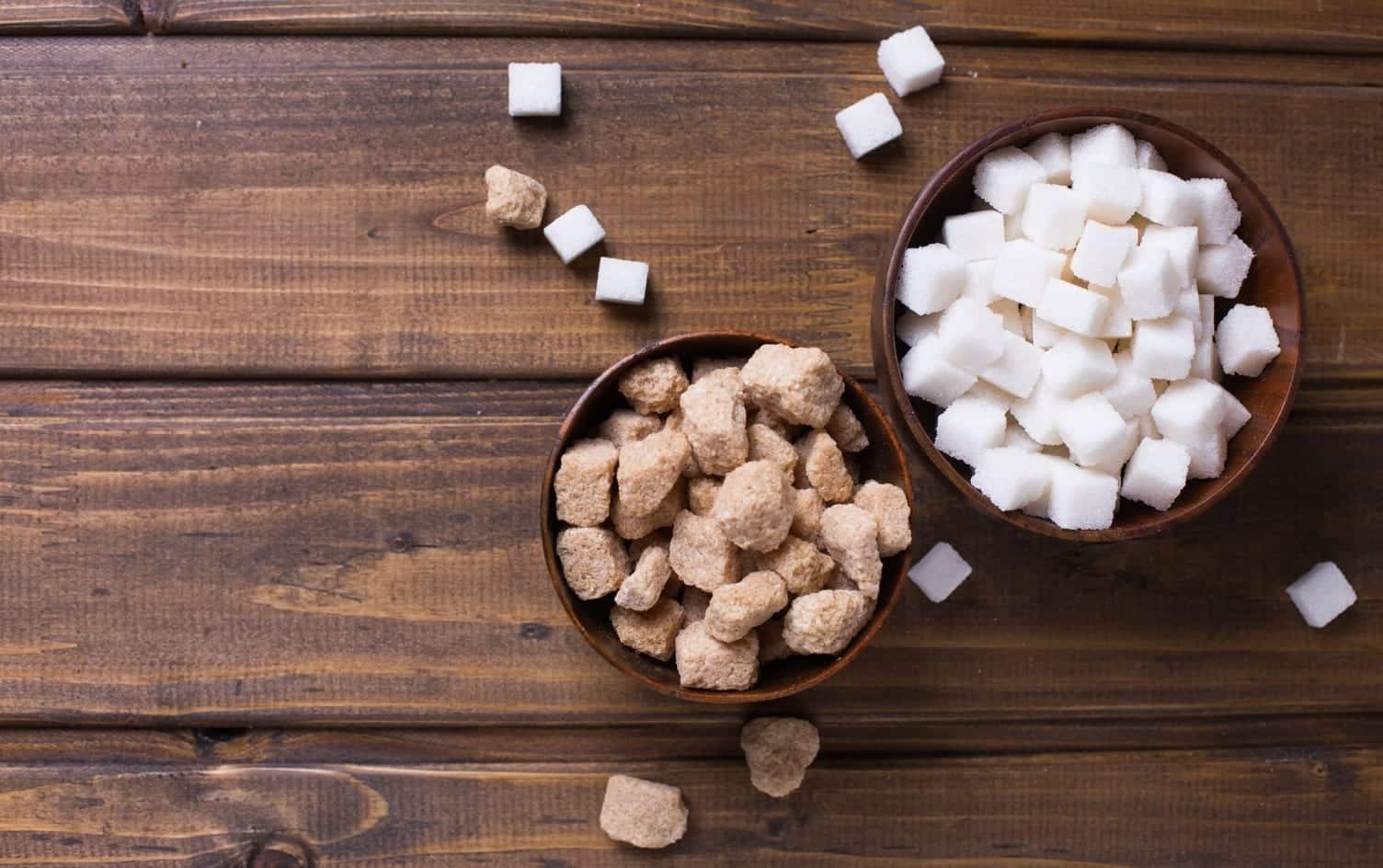When trying to eat healthier, one common strategy is opting for more nutritious versions of foods you already eat. For example, you might choose whole-grain bread in lieu of traditional white, or swap sweetened yogurt for plain protein-rich Greek yogurt topped with fruit. And since sugar and artificial sweeteners are often maligned, you may be wondering if you should replace refined white sugar with raw sugar.
Here’s what you need to know about how the two sugars compare nutritionally and why overall sugar consumption plays a more important role in your health.
NUTRITIONAL PROFILES OF REFINED AND RAW SUGAR
Although raw sugar may seem like a healthier option because it’s less processed, it has the same nutrient profile as its refined counterpart — both contain trace amounts of micronutrients and have the same number of calories, carbohydrates and sugar per teaspoon.
“Raw and refined sugar are the same — they’re sucrose,” says Dr. Robert Lustig, a pediatric neuroendocrinologist at the University of California, San Francisco, who has published extensive research about the effects of sugar on the body. The main difference is the texture: “Raw sugar still has some impurities from the crystallization process and hasn’t been bleached,” explains Lustig.
HOW THE BODY TREATS REFINED AND RAW SUGAR
While it’s generally a smart idea to stay away from foods that are more processed when they’re made, it’s also important to consider how your body breaks it down. “Raw sugar is still processed the same way metabolically as refined sugar,” notes Lustig. Moreover, “there is no research suggesting switching from refined to raw sugar may help you eat less sugar,” says Joelle Malinowski, RD, a spokesperson for the New York State Academy of Nutrition and Dietetics. “You get used to a way something tastes when you add a lot of sugar to it. But if you gradually decrease the amount of either raw or refined sugar you use, you can gradually wean yourself off and not even miss it,” adds Malinowski. And, ultimately, eating less sugar overall is the goal.
THE BOTTOM LINE
Rather than focusing on which sugar you spoon into your coffee or add to your morning oatmeal, consider how much you’re adding. The World Health Organization and USDA Dietary Guidelines recommend limiting added sugar to less than 10% of your daily calories, which would be about 50 grams of added sugar based on a 2,000 calorie diet.
Cutting back on sugar can have positive effects on your weight, blood-sugar levels and overall health. Try logging your food to see where your daily sugar consumption is and then look for ways to reduce it starting with breakfast.




